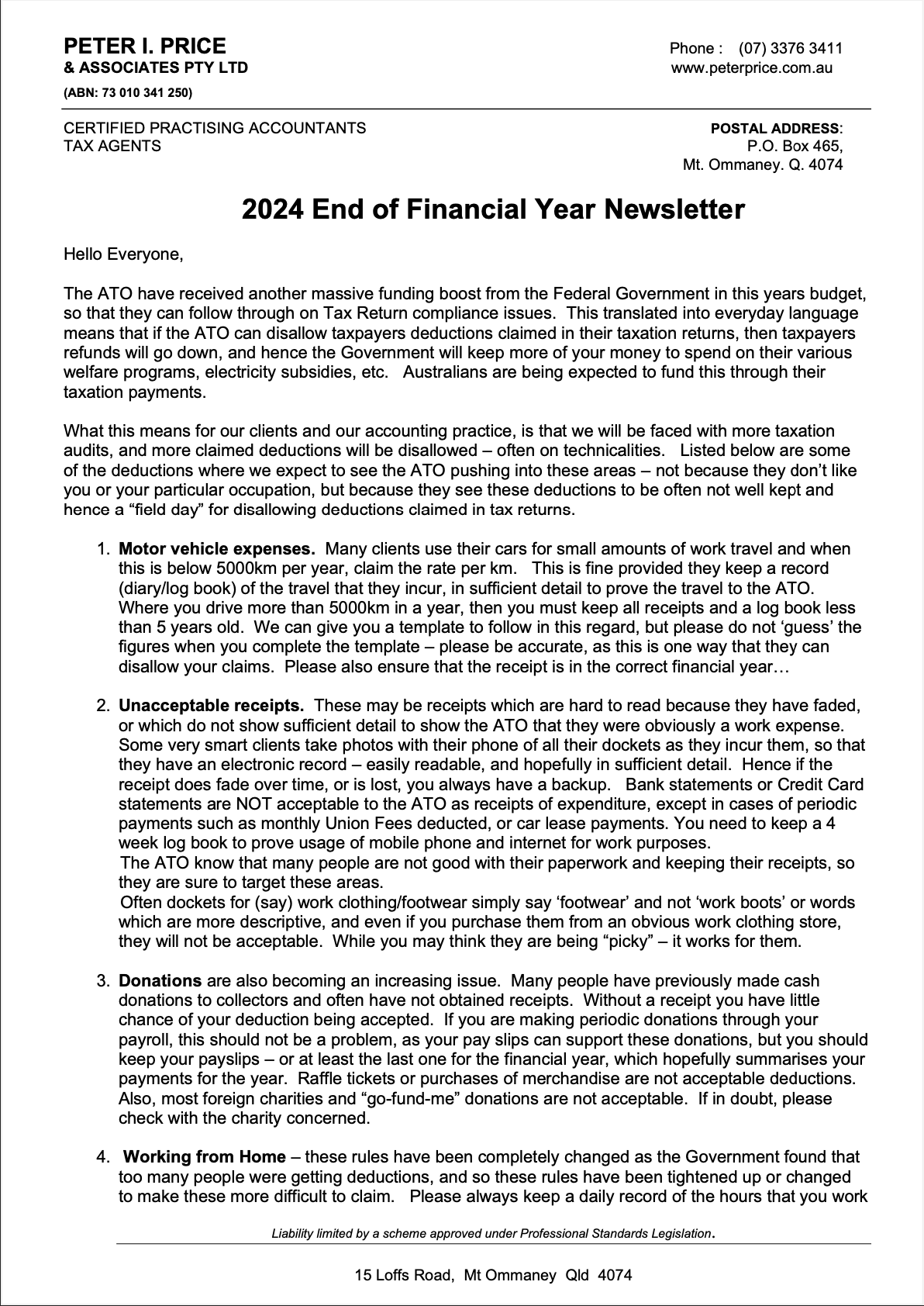7 Steps to Dealing With a Legal Issue or Dispute

.
Some legal issues or disputes are more serious than others. Nevertheless, all legal issues and disputes need to be dealt with efficiently and quickly in order to prevent them from escalating. This article will delve into seven ways you can deal with a legal issue or dispute.
1. Have a Plan
You never know when a legal issue or dispute may arise during the course of your business, so it is always a good idea to be prepared. The key to ensuring that legal issues and disputes are dealt with efficiently is ensuring that you have an effective dispute resolution system set up.
The result of having such a system in place is that it can spring into action when needed, thus saving you from making hasty decisions when an issue arises. This can be as simple as having a dispute resolution clause in your contracts or the terms and conditions of your services.
2. Review the Contract
If your legal issue or dispute relates to a particular contract, you should review the contract in question. The important clauses to look for are:
- the clause that relates to the particular dispute;
- a dispute resolution clause, which sets out the procedures should any dispute arise; and
- the termination clause, which sets out how the parties to a legal agreement can end their contractual relationship.
Usually, these clauses will outline the steps that must be taken to resolve the dispute before escalating any further. Often they will have a mandatory Alternative Dispute Resolution (ADR) clause in an attempt to resolve the dispute in the most efficient, timely and cost-friendly manner, without the need for court proceedings. It is important to note that ADR is not always appropriate for certain disputes. For example, if you need an urgent court order or injunction to stop the other party from taking certain action, ADR may be unsuitable.
3. Speak to a Lawyer
You will likely need to speak with a lawyer if you are involved in a legal issue or dispute. This will apply even if it is minor issue.
A lawyer will give advice on your legal position and can guide you in your approach and discuss your options moving forward. This guidance is best sought at the beginning of the dispute when your strategy can still be mapped and changed easily. Ideally, you want to avoid beginning legal action and then consulting a lawyer, only to learn the lawyer advises a different course.
4. Attempt to Reconcile
It is sensible to attempt to reconcile with the other party to your legal issue or dispute if at all possible. Taking a legal issue or dispute into the legal arena is usually very time-consuming and can be expensive. You should carefully consider, along with your legal adviser, whether the severity of the dispute warrants legal action. The first step to resolving the dispute is to communicate with the other side. Put your concerns in writing or arrange a call or meeting to explore possible solutions.
5. Arbitration
Arbitration is a form of alternative dispute resolution. In many ways, it is similar to court proceedings but much more flexible and sometimes less costly. Some contracts will include requirements for arbitration in a dispute resolution clause. Generally, the parties to the issue can choose an arbitrator and agree on the procedures and processes to be followed. This ensures you can resolve the dispute in a manner suitable to the party’s needs and the industry standards involved. You can, however, agree to binding arbitration when a dispute arises. Whether arbitration is a good option will depend on the circumstances of your legal issue or dispute. This is why you should work with a lawyer who can advise you on these matters.
6. Mediation
Mediation is a less formal type of ADR that involves parties meeting with an experienced mediator to attempt to resolve the dispute. It has a high success rate and is less structured and, therefore, quicker and cheaper than arbitration or going to court. The mediator does not make a binding determination about the dispute but guides the parties through all options to resolve it.
7. Litigation
If you cannot resolve your legal issue or dispute through communication, discussion, compromise and possibly ADR, you may need to move to litigation. Obviously, this means getting the courts involved.
Litigation is generally expensive. The court will usually order that the losing party pays the successful party’s costs, but this is only about 60% -80% of the total out-of-pocket costs, depending on the type of cost order made. Litigation is also very time-consuming, with some matters taking several years to resolve in the courts. For all these reasons, we always recommend litigation as a last resort and attempt to resolve matters outside the courts wherever possible.
Key Takeaways
The key to resolving a legal issue dispute as effectively and cheaply as possible is to work with the right legal professional at the right time.
Meryem Aydogan
Law Graduate
legalvision.com.au
May 29, 2024

